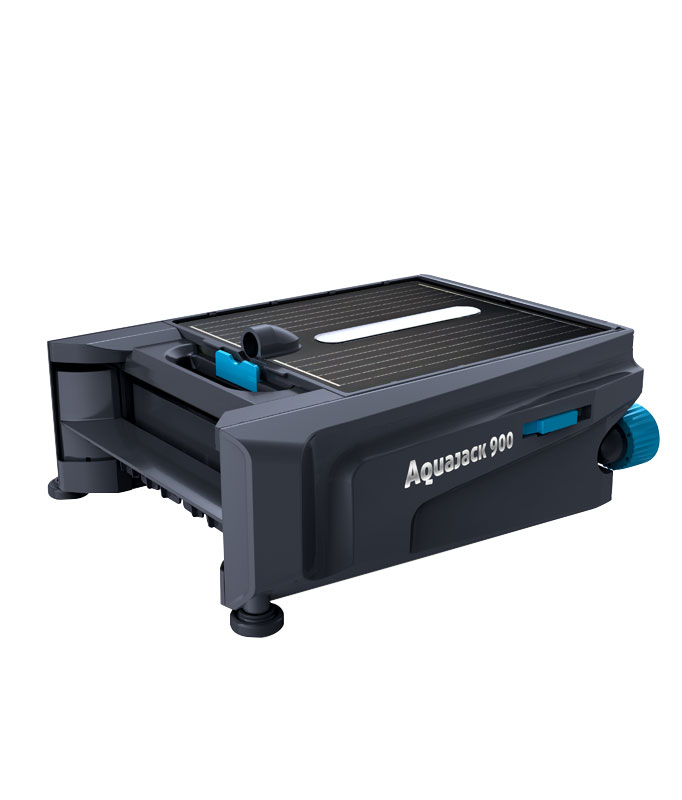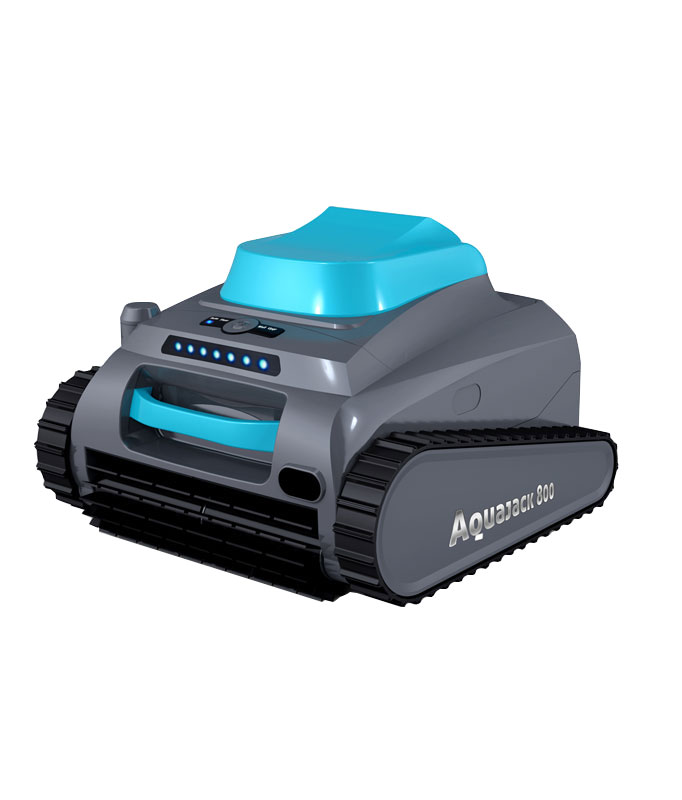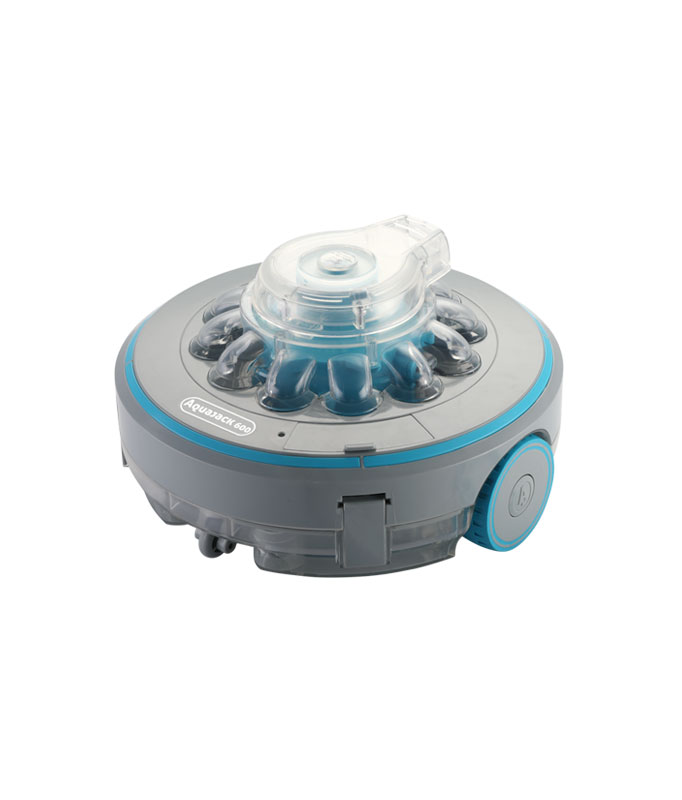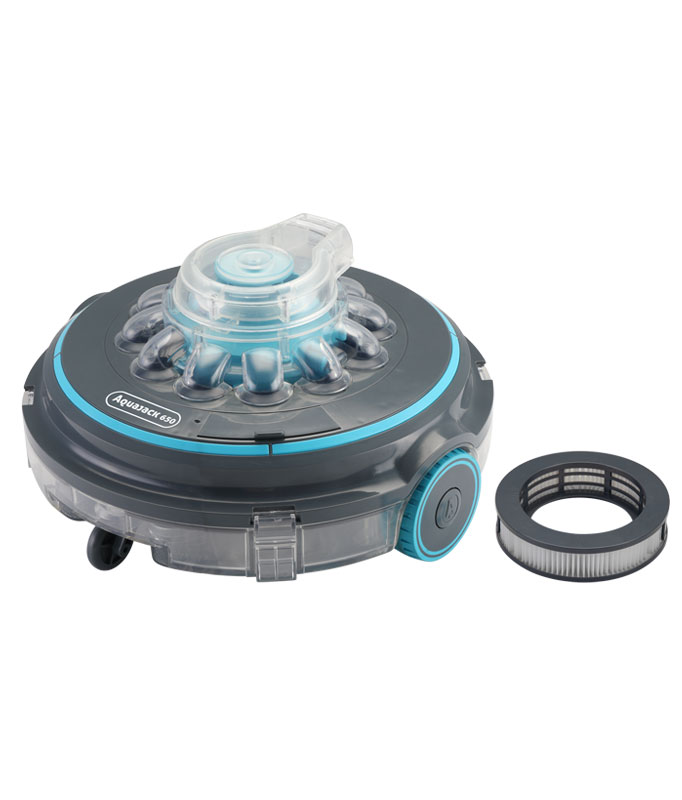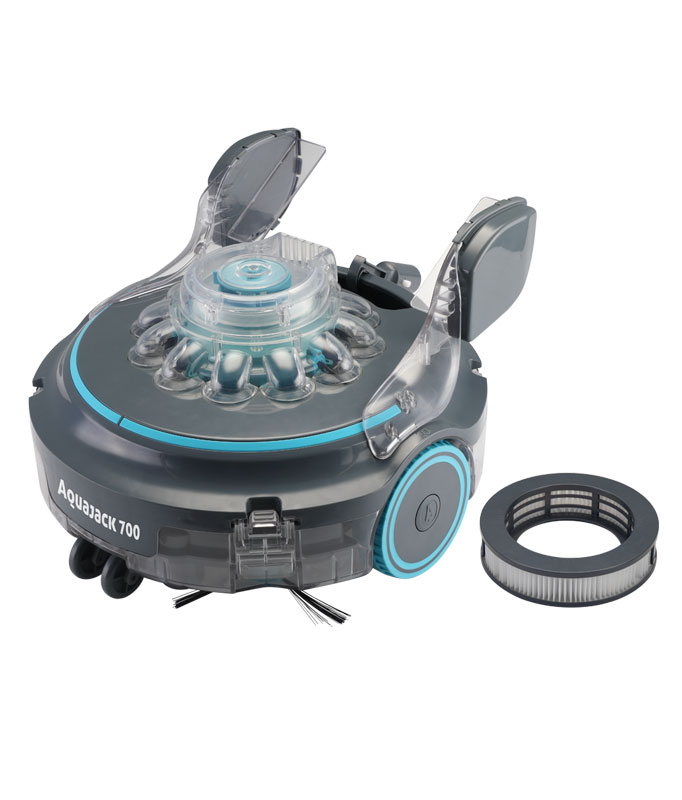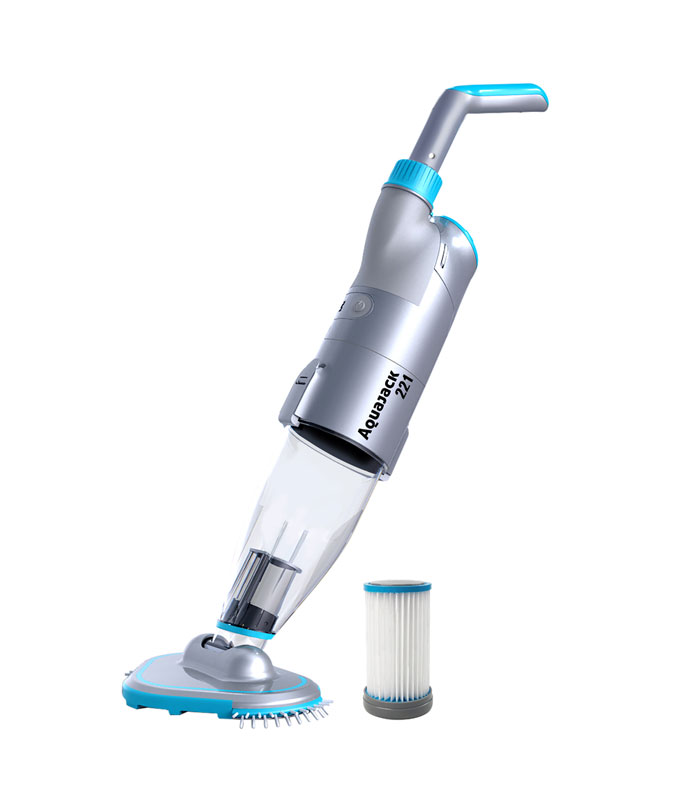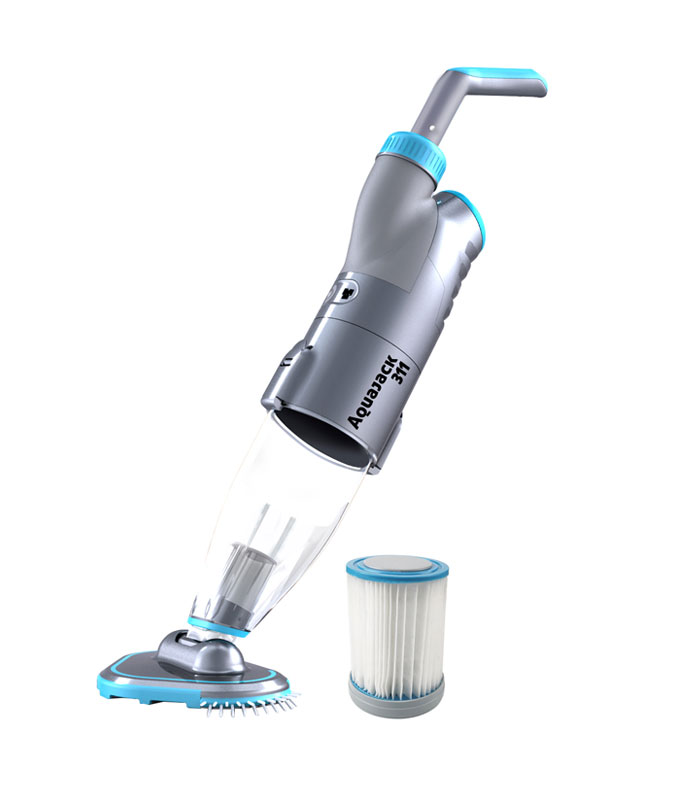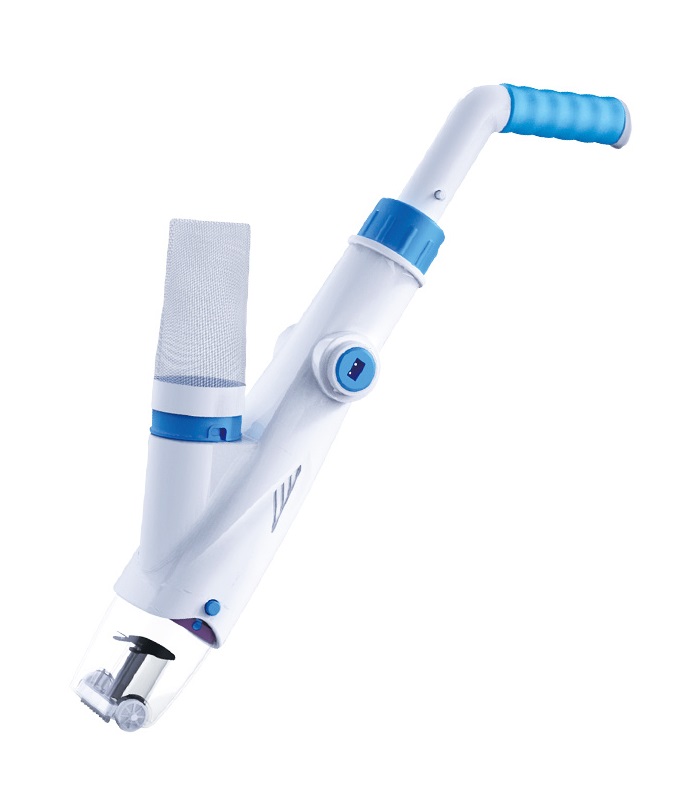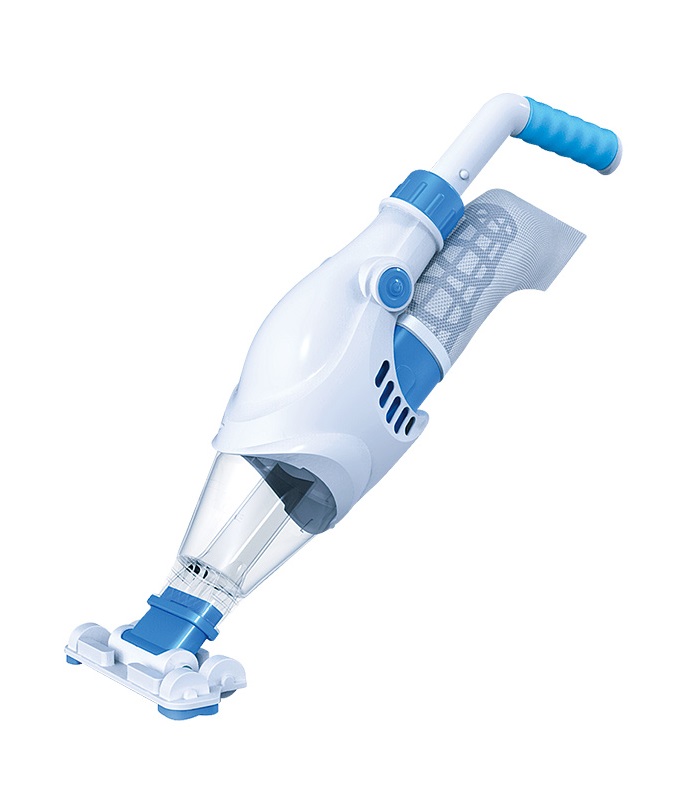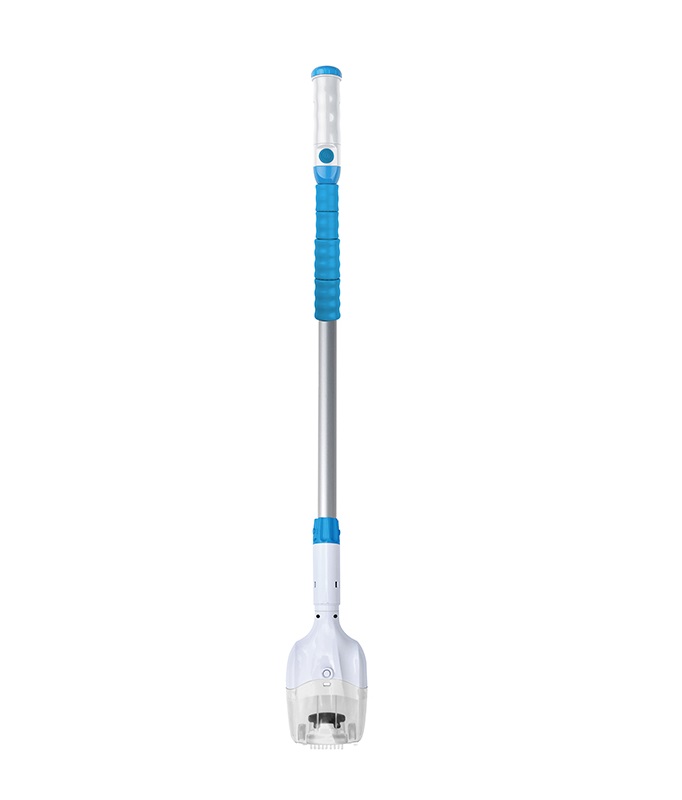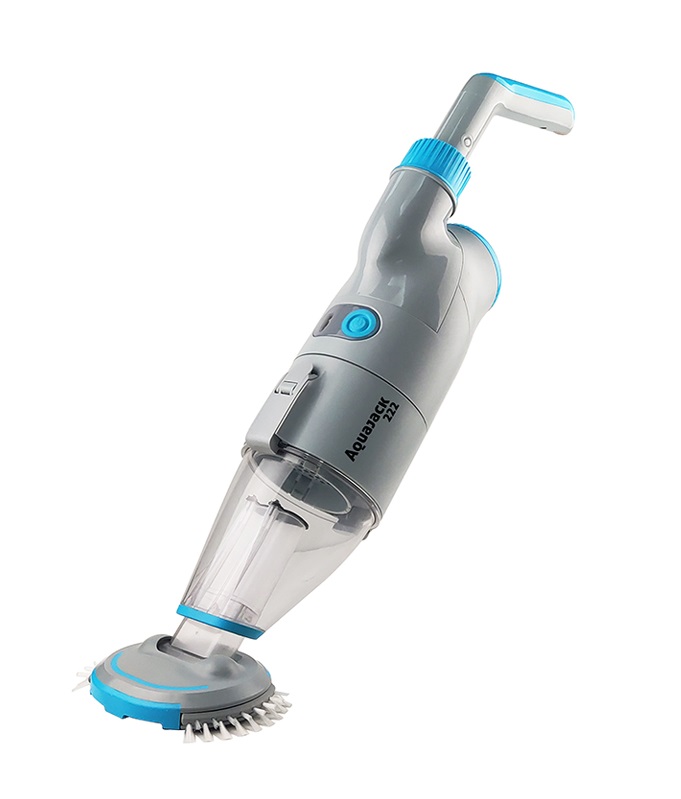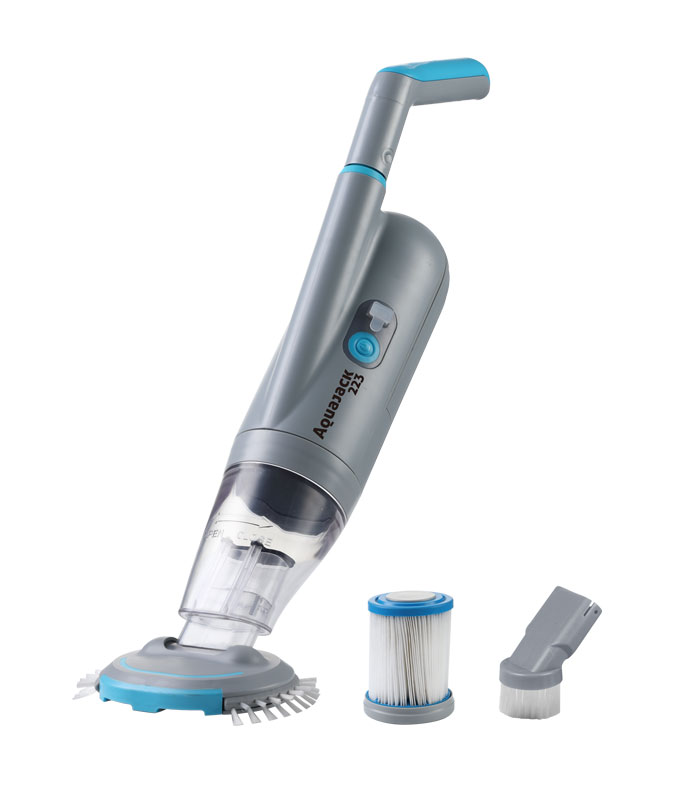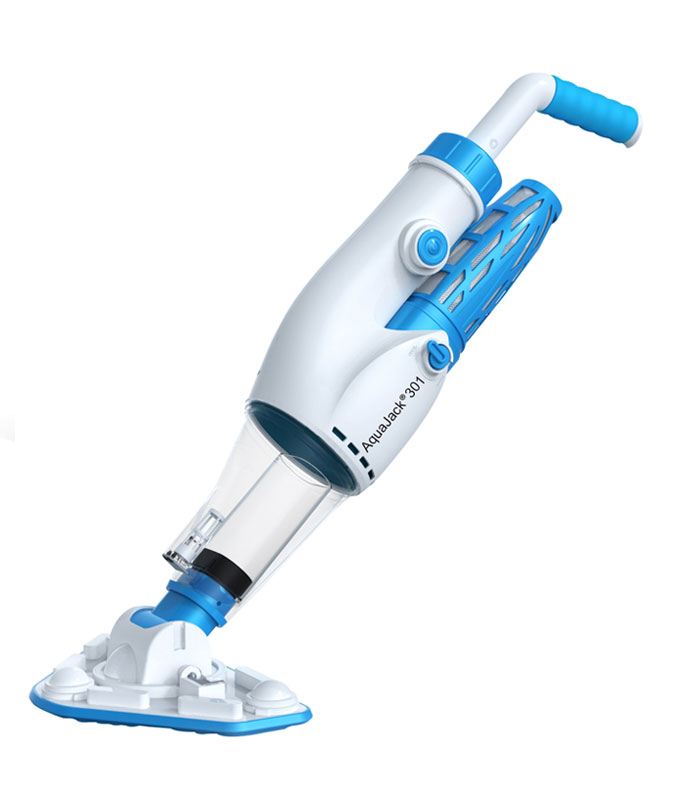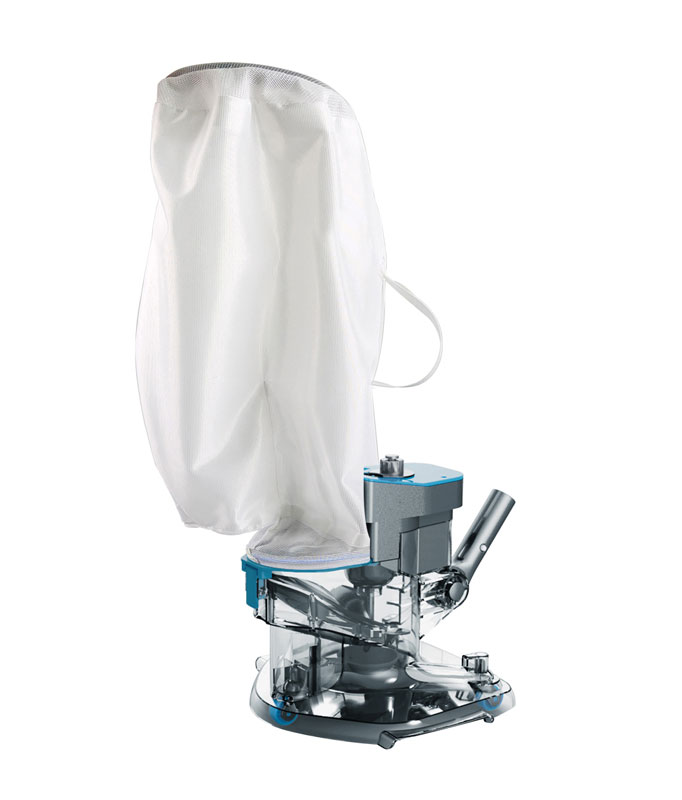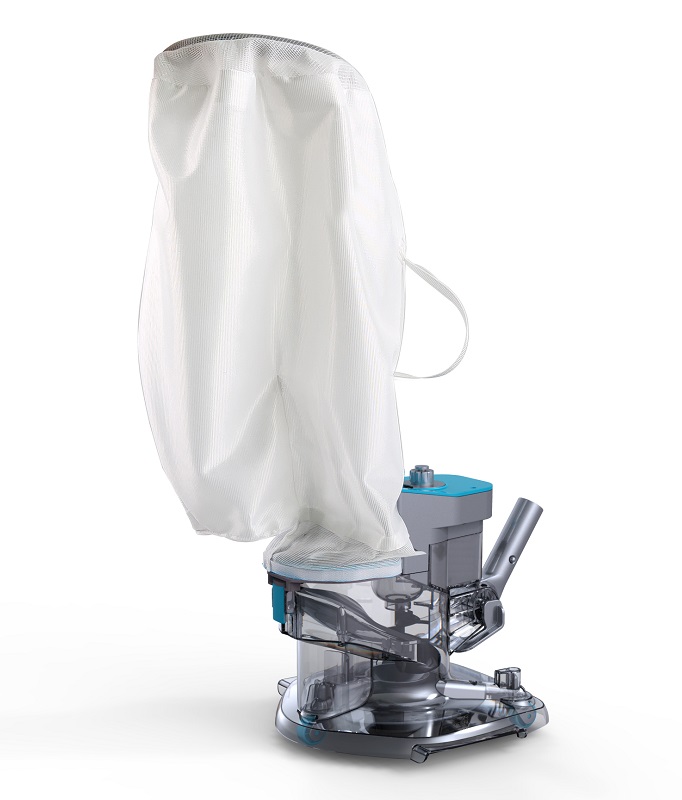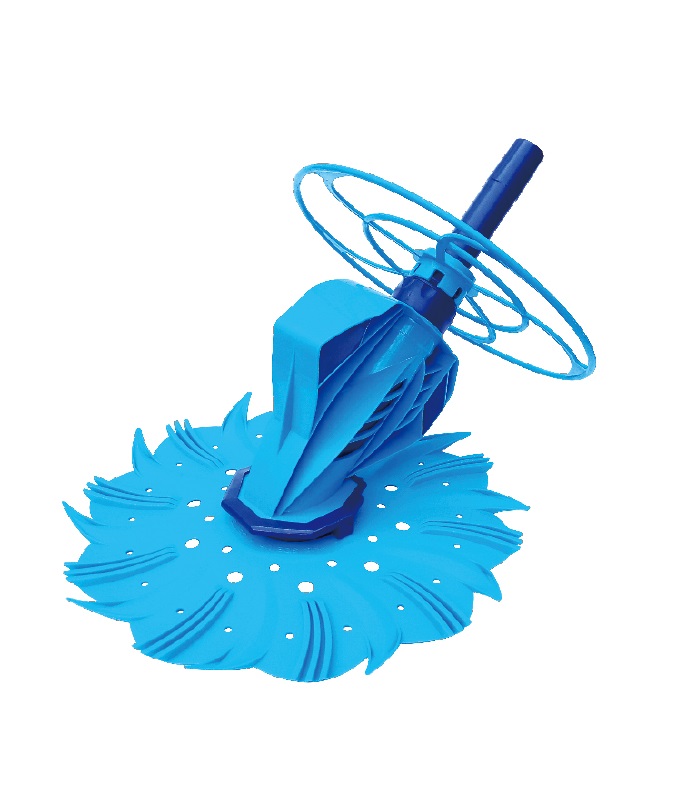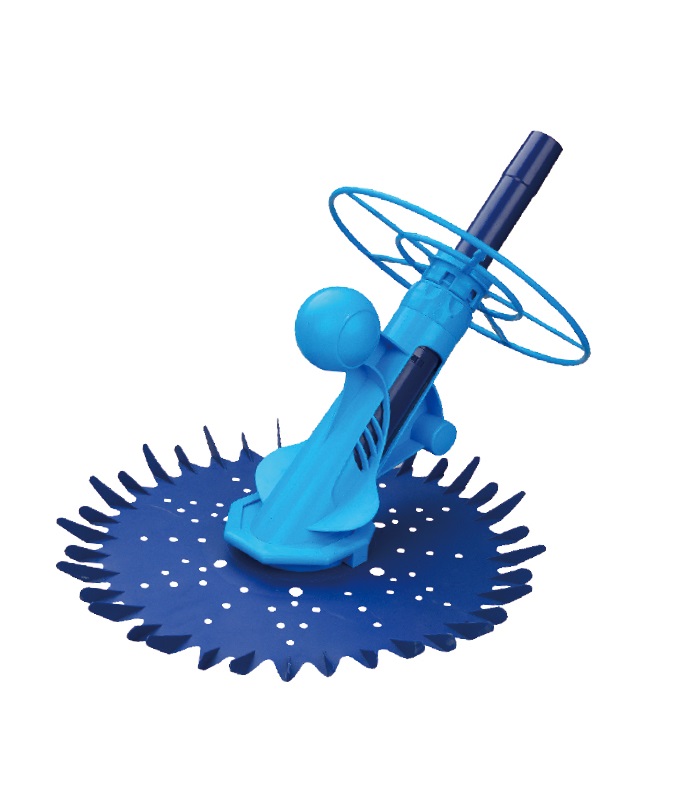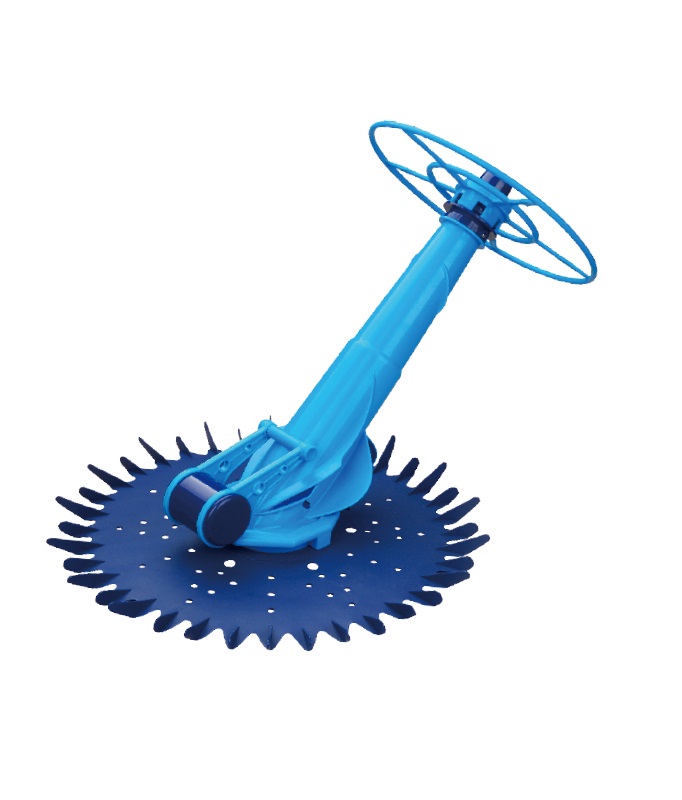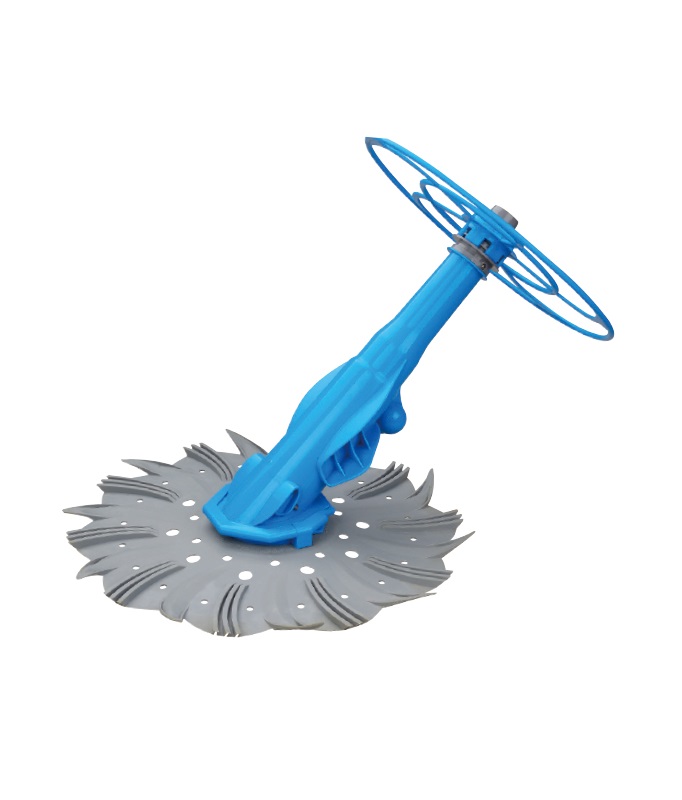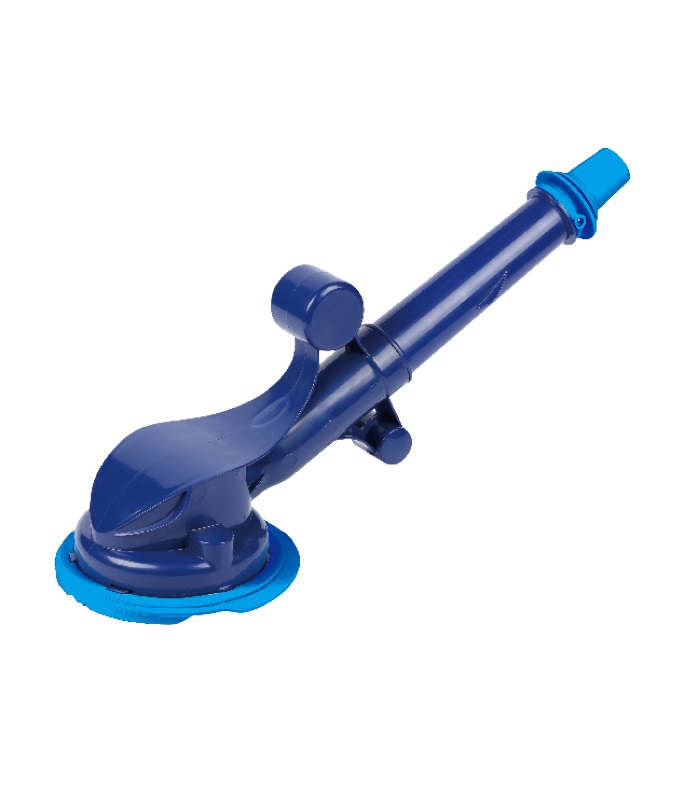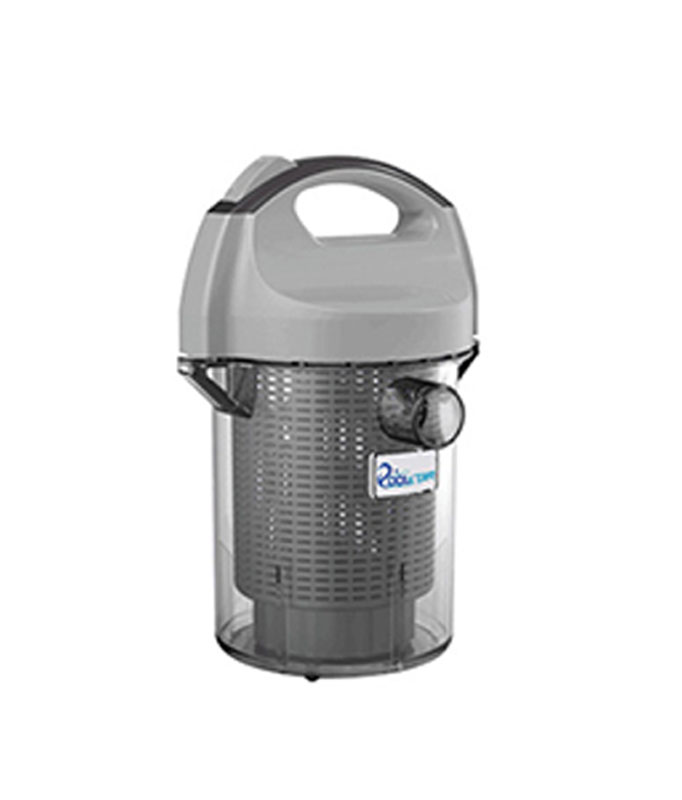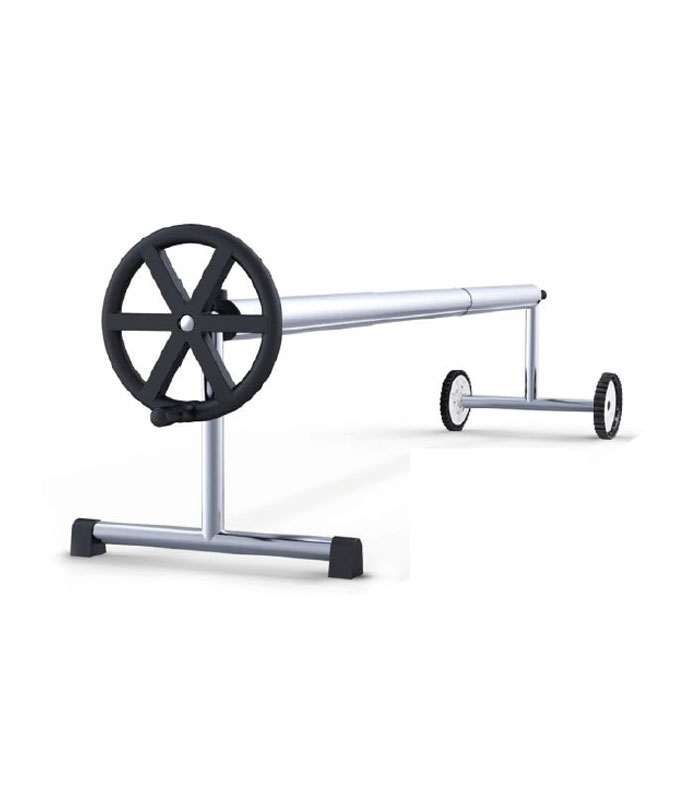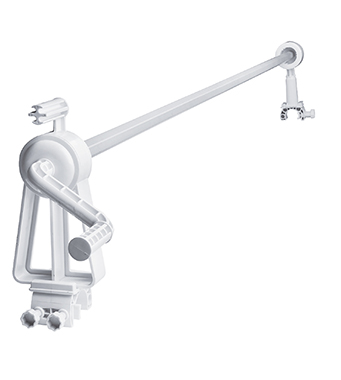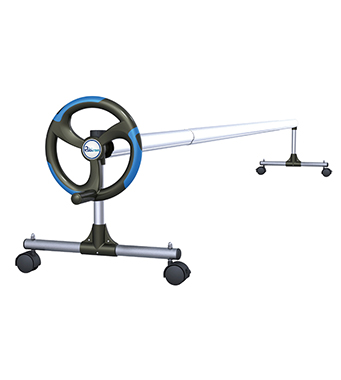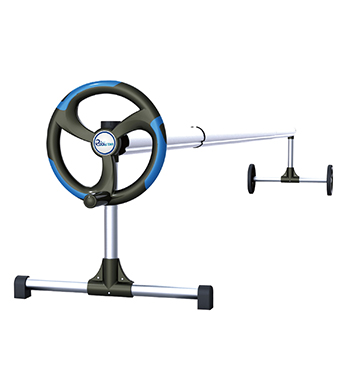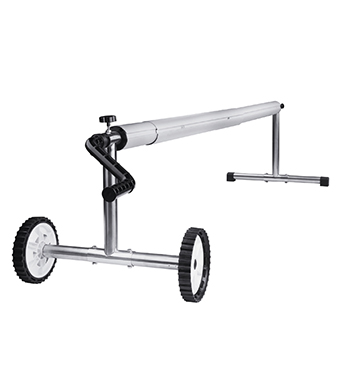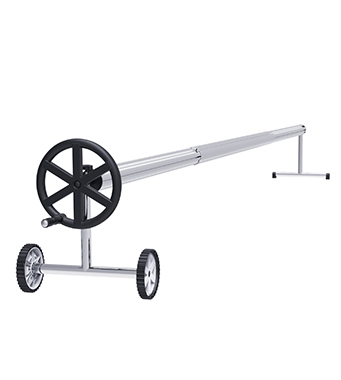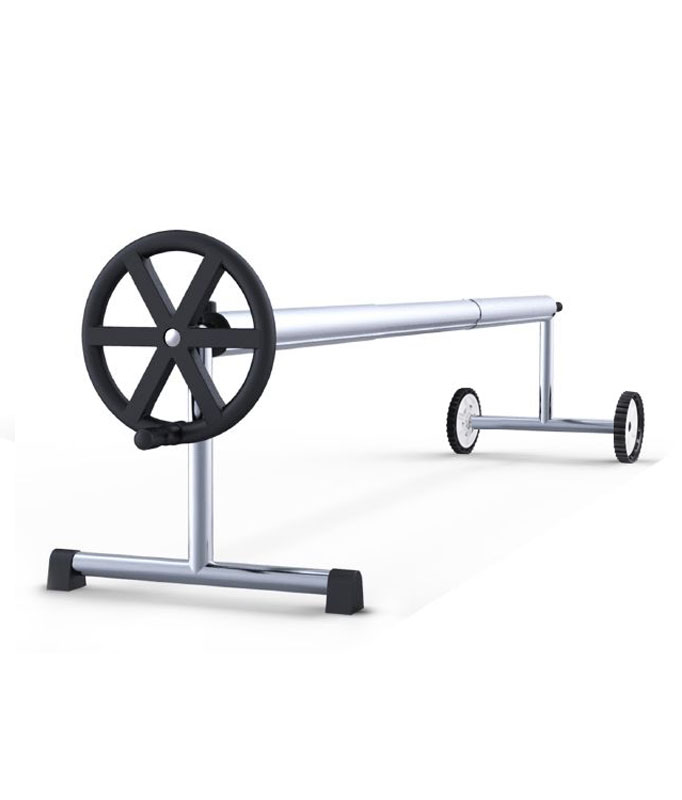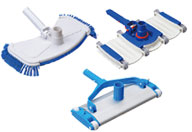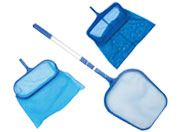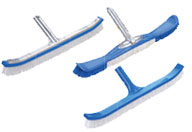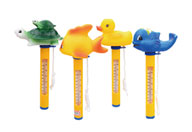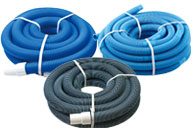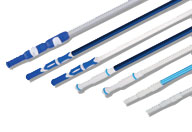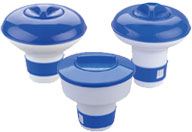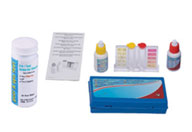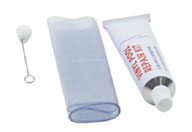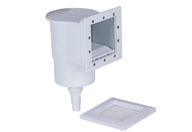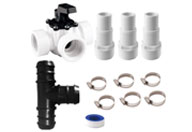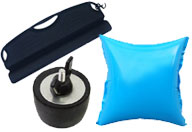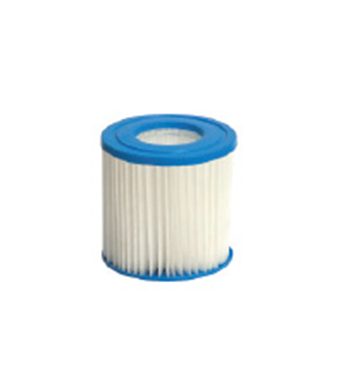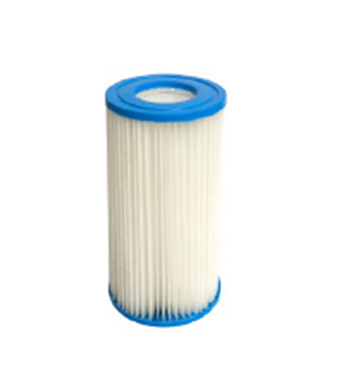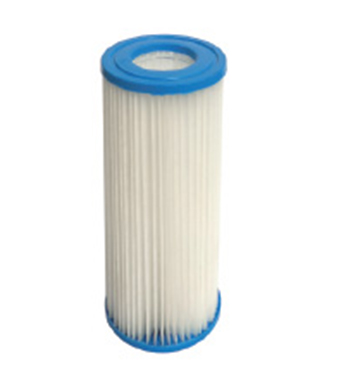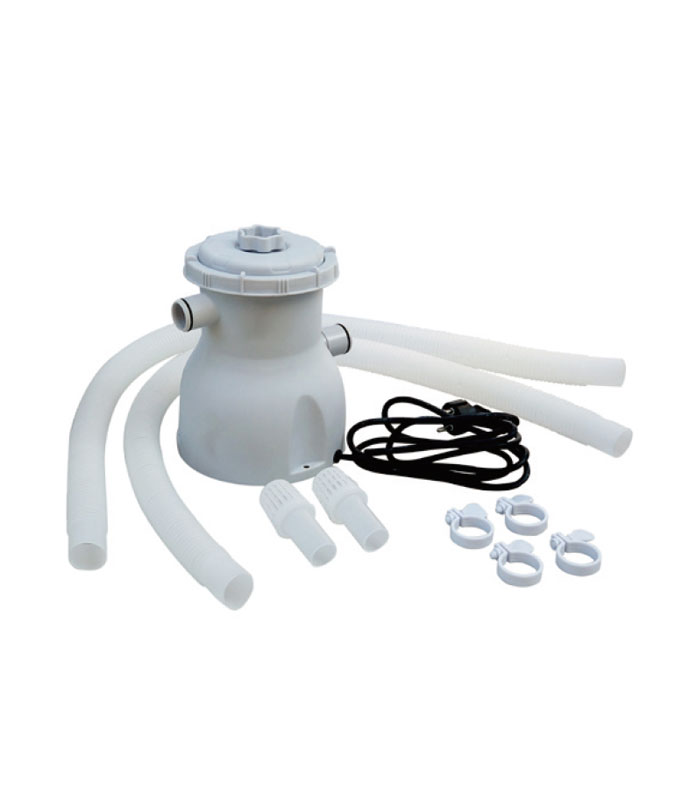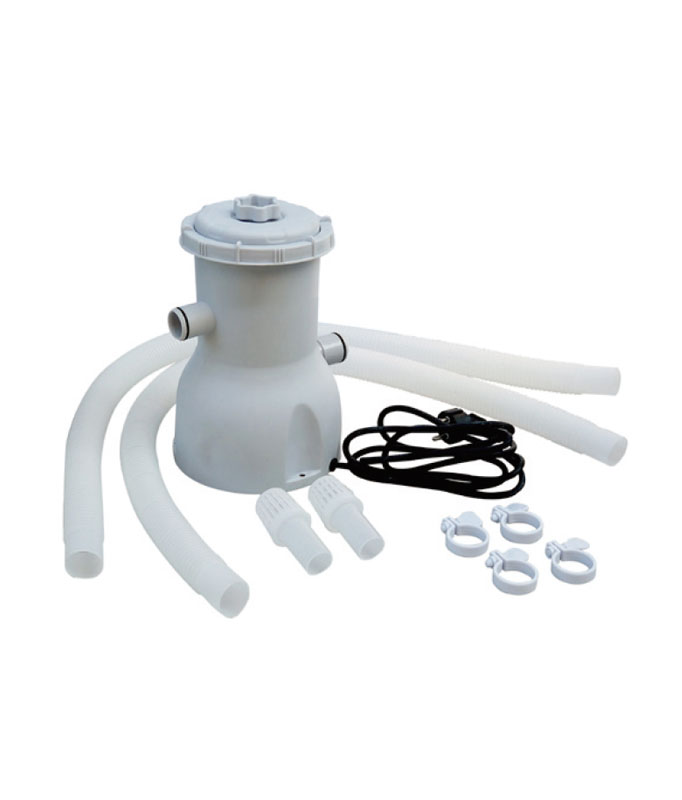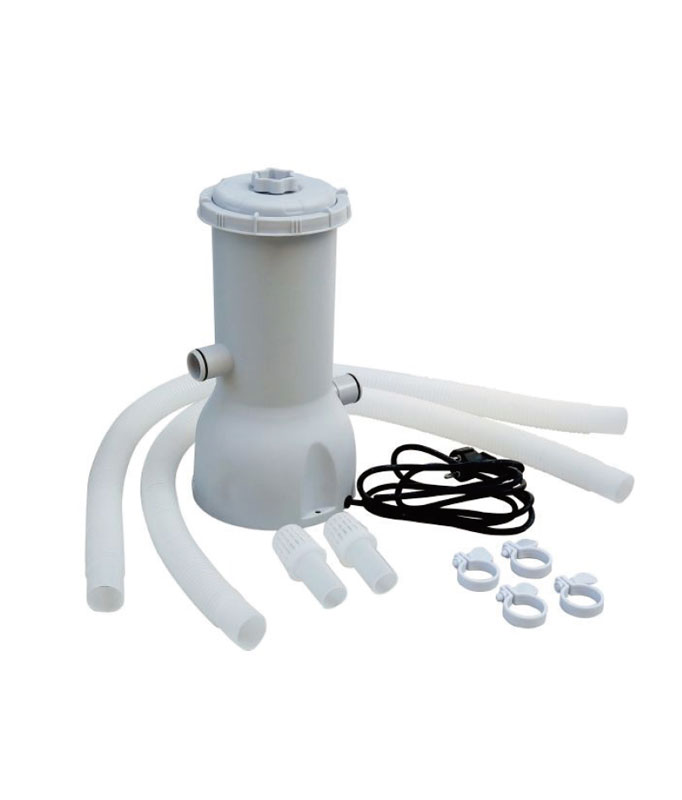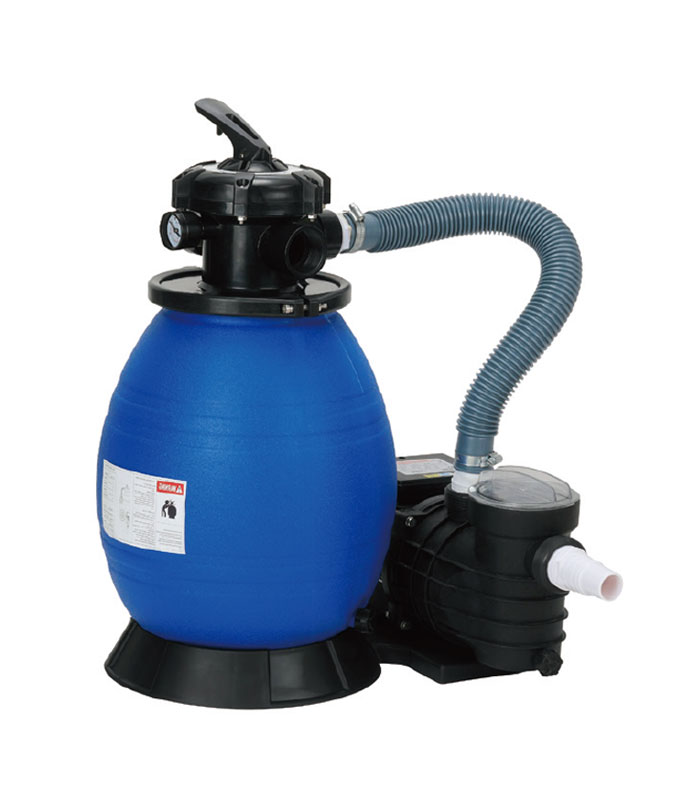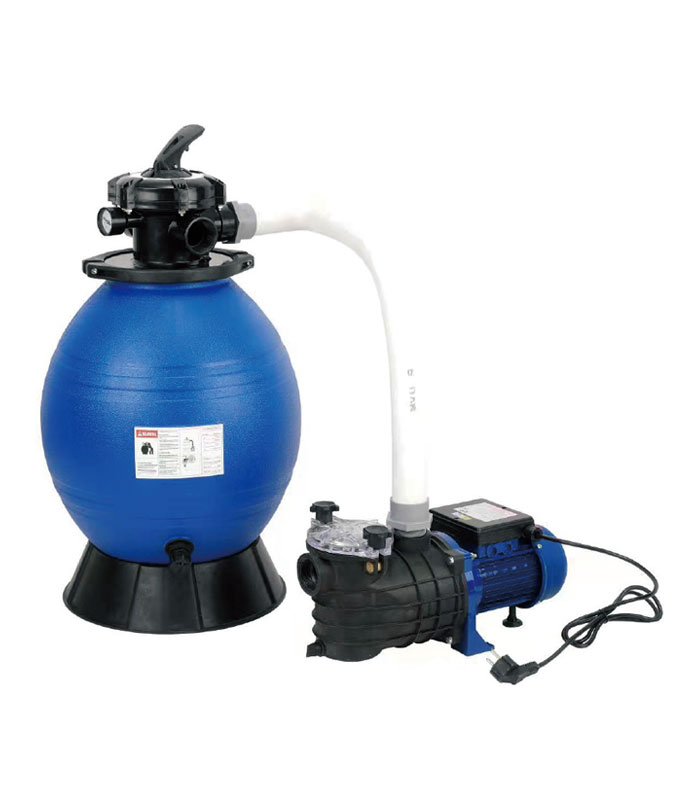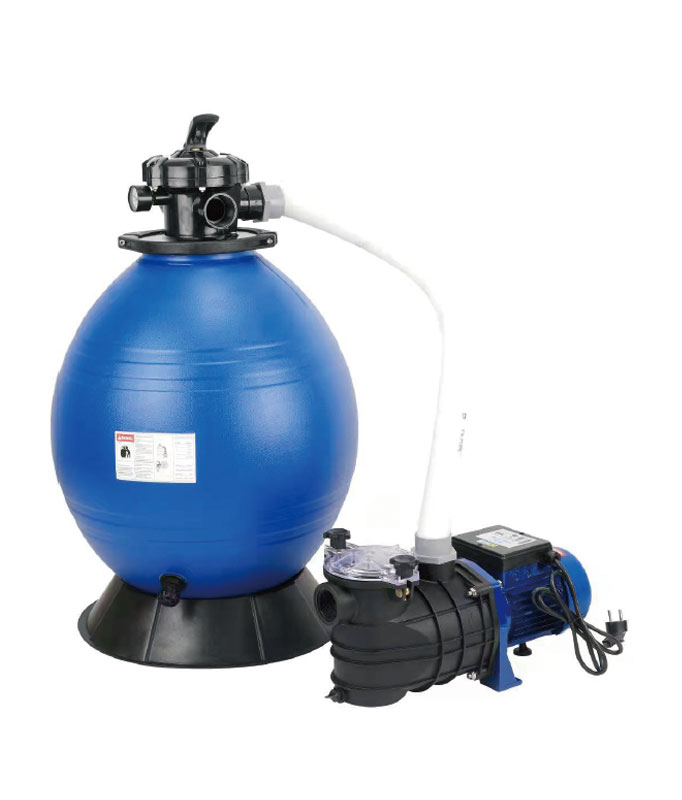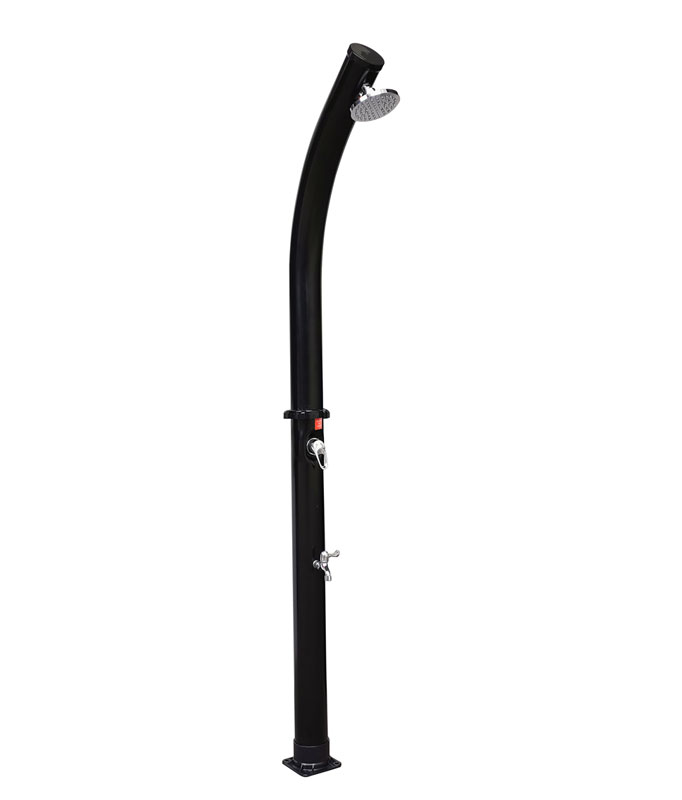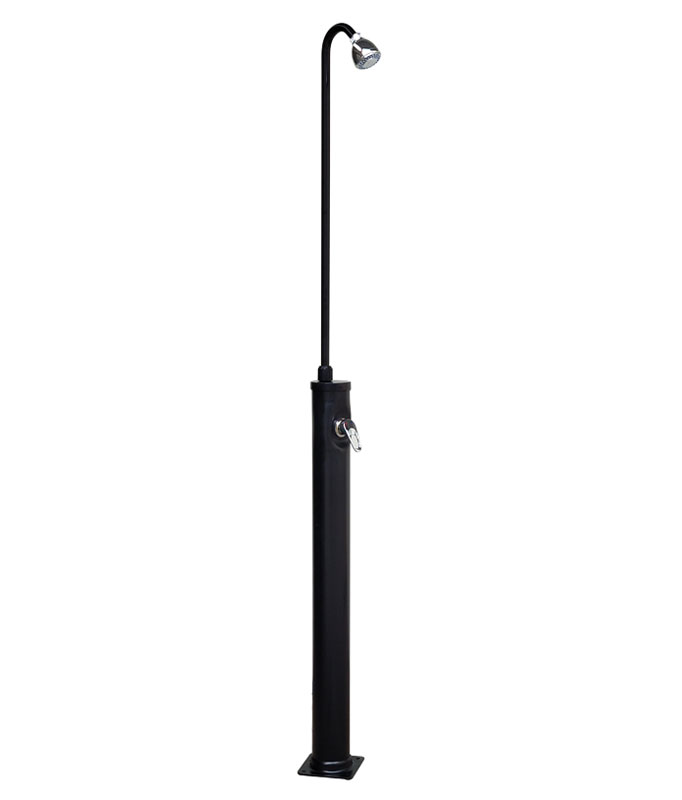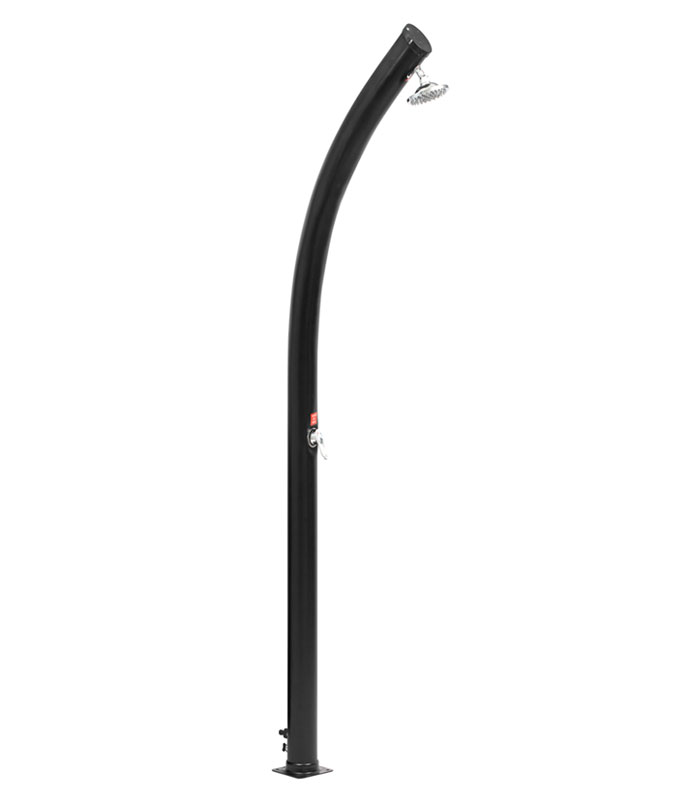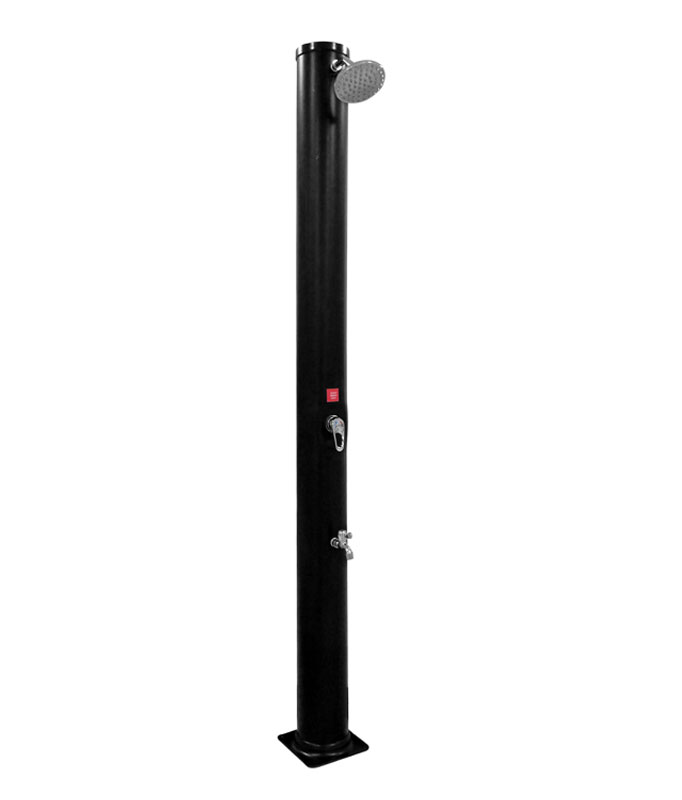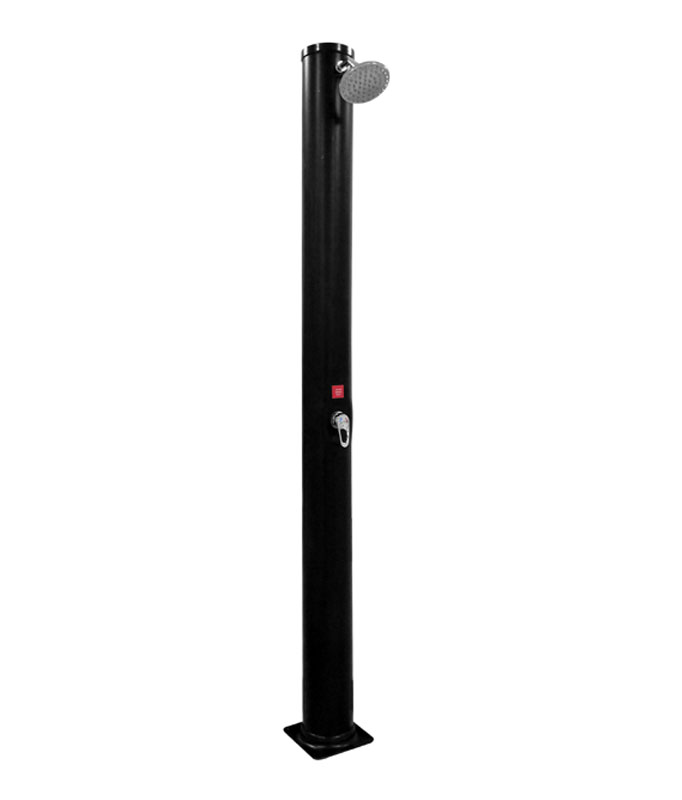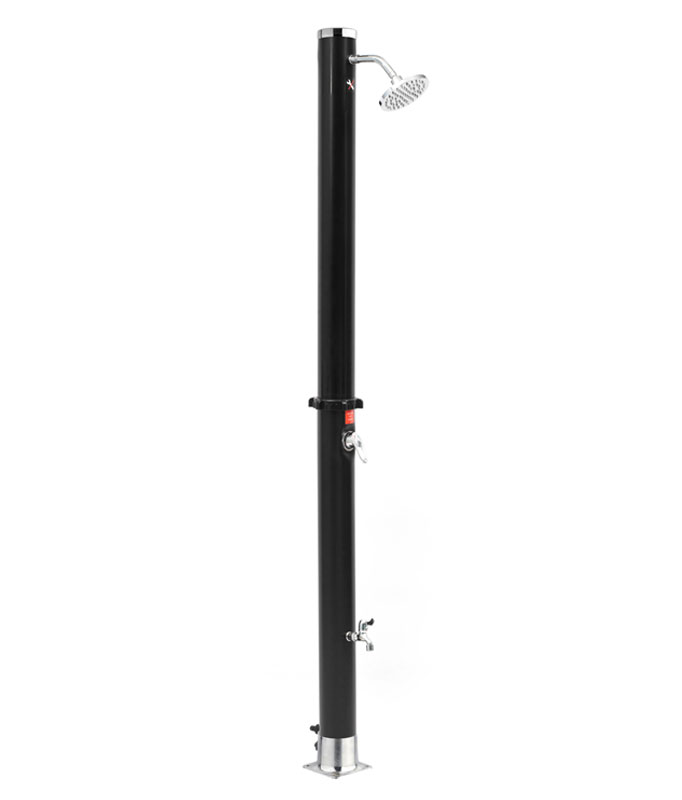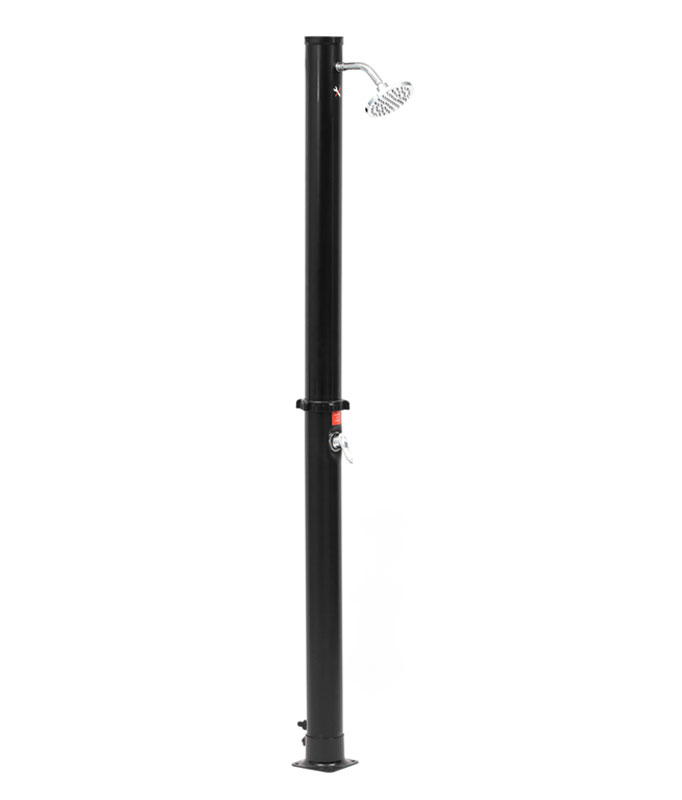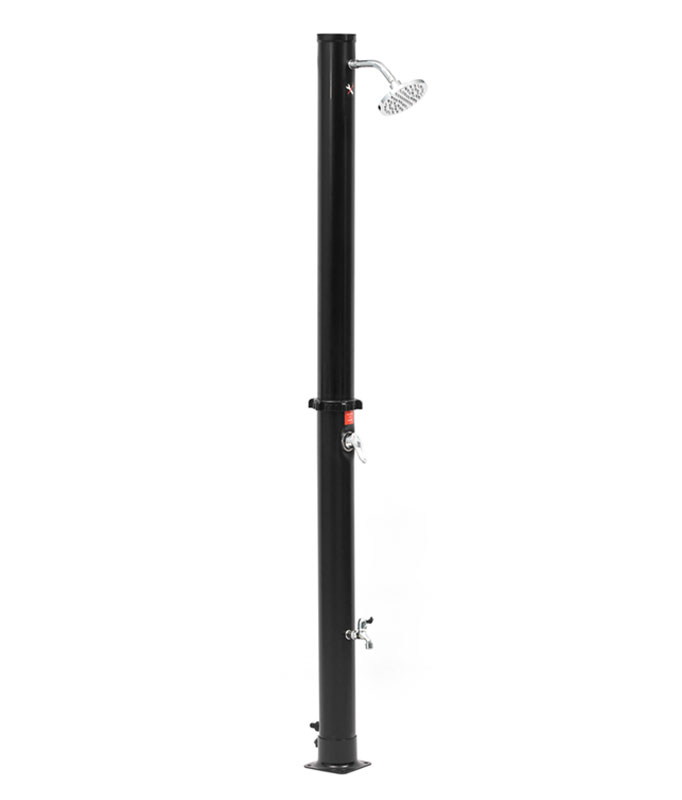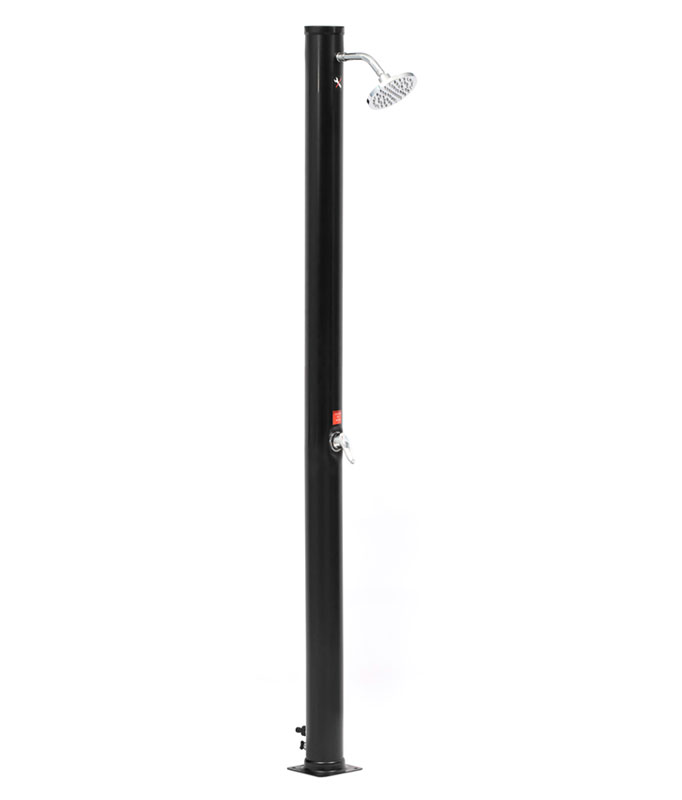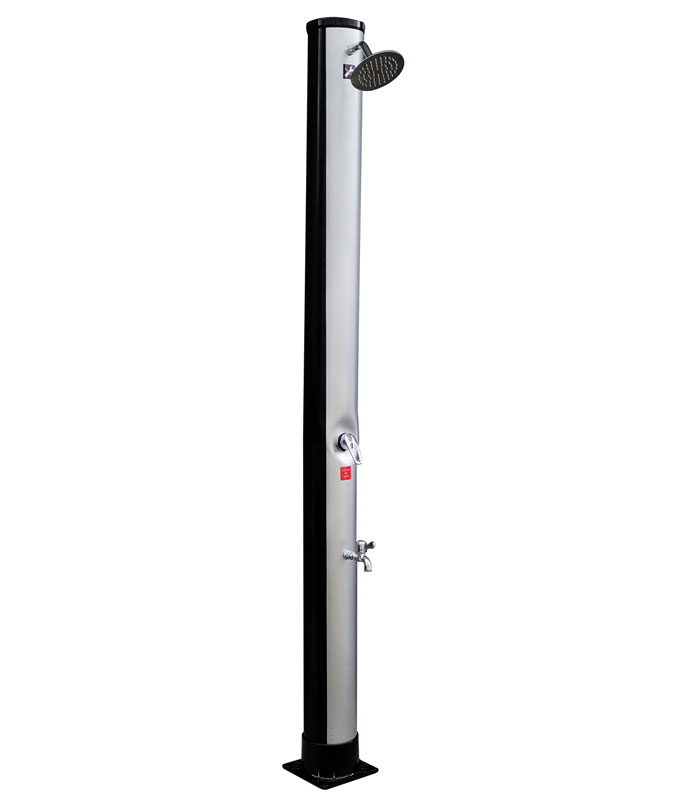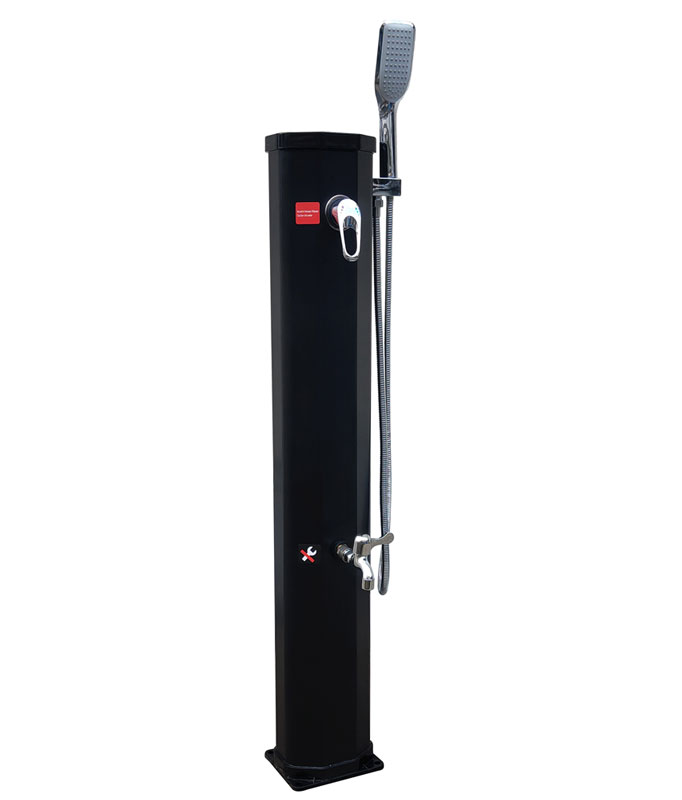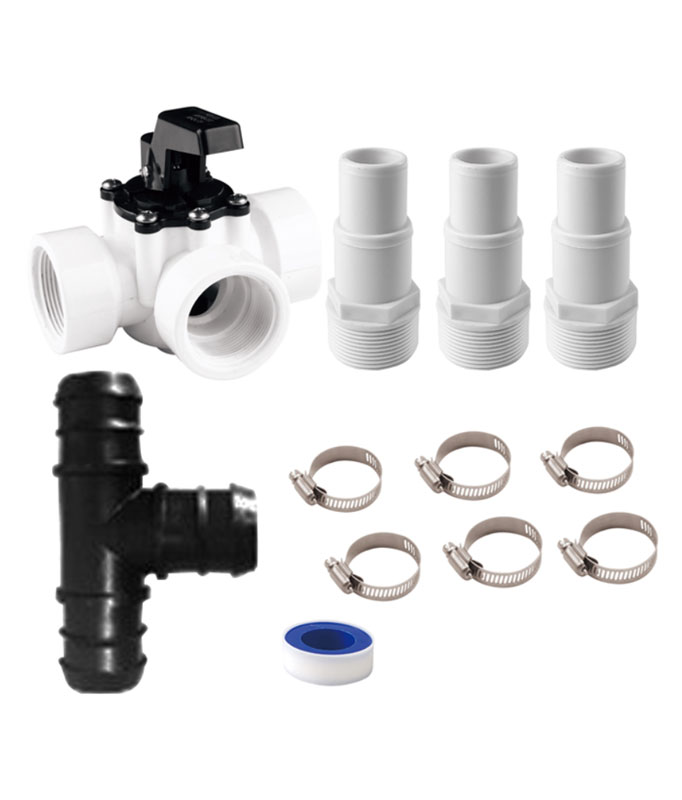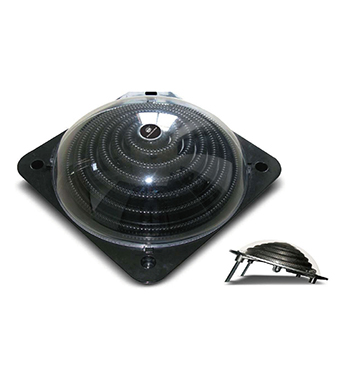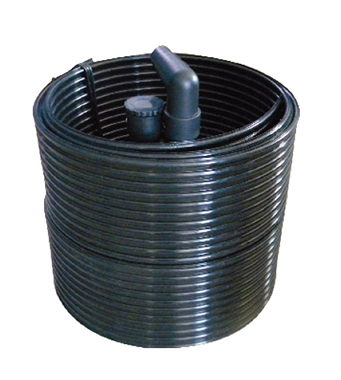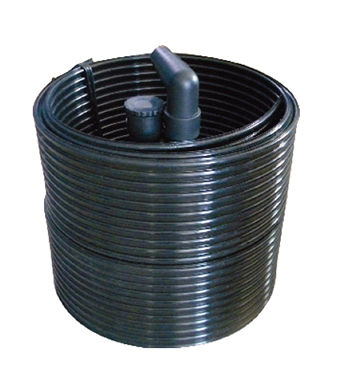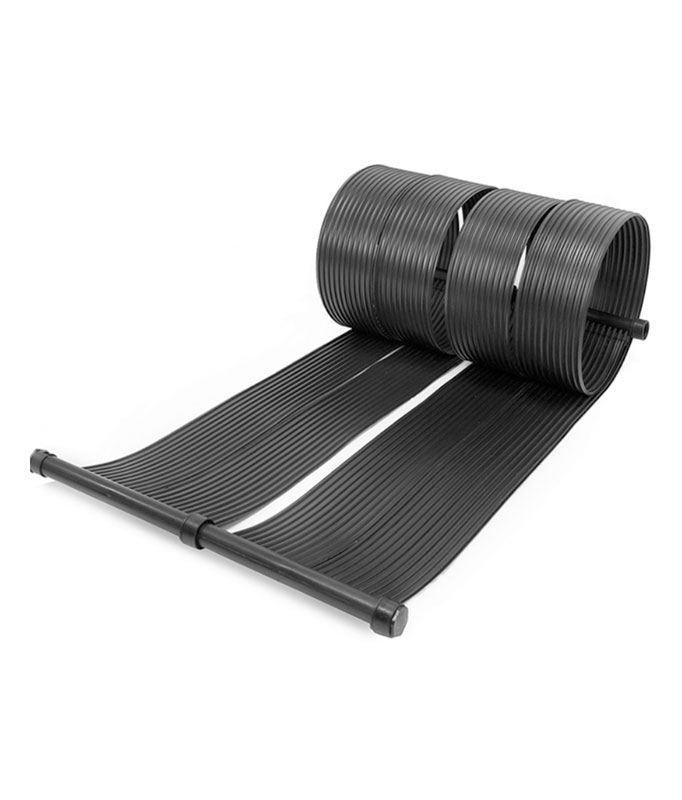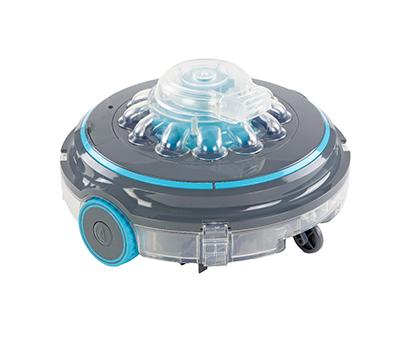
Is your pool becoming a chore rather than a retreat? Discover why robotic pool cleaners are revolutionizing home pool care—delivering crystal-clear water, effortless maintenance, and significant savings. From time savings to advanced cleaning power, here are the top 5 reasons every pool owner needs a robotic cleaner.
Key Takeaways
Save 10+ Hours Monthly – Automate cleaning and reclaim your weekends
Cut Costs by 60% – Energy-efficient operation slashes power bills
Pristine Water Always – Removes 99.9% of debris, including fine silt
Smart Technology – Self-navigates, schedules cleanings, and avoids obstacles
Eco-Friendly – Reduces chemical use and water waste
1. Unmatched Time Savings
From Hours to Minutes: The Robotic Advantage
| Task |
Traditional Cleaning |
Robotic Cleaning |
Time Saved per Week |
|
Vacuuming |
2-3 hours |
0 minutes (fully automated) |
2-3 hours |
|
Brushing |
1 hour |
0 minutes (built-in scrubbing) |
1 hour |
|
Skimming |
30 minutes |
5 minutes (optional) |
25 minutes |
|
Total |
3.5-4.5 hours |
5 minutes |
3.5+ hours |
Real-World Impact:
- 50+ hours saved every pool season
- More time for family, entertaining, or relaxing
- No more last-minute cleanups before guests arrive
2. Superior Cleaning Performance
Why Robots Outclean Manual Methods
- 3-Stage Cleaning: Vacuums, scrubs, and filters simultaneously
- Micro-Filtration: Captures particles as small as 2 microns (vs. 30+ microns with manual vacuums)
- Smart Navigation: Covers 100% of pool surfaces without missing spots
Debris Removal Comparison:
| Debris Type |
Manual Vacuum |
Robotic Cleaner |
|
Leaves/Twigs |
85% |
99% |
|
Sand/Silt |
50% |
98% |
|
Algae Spores |
10% |
95% |
Result: Clearer water, fewer chemicals, and no more cloudy days.
3. Cost Efficiency & Energy Savings
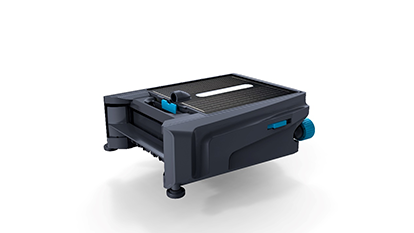
How a Robotic Cleaner Pays for Itself
| Expense |
Traditional Cleaning |
Robotic Cleaning |
Annual Savings |
|
Electricity |
$500+ (pump-dependent) |
$60 (low-wattage motor) |
$440 |
|
Chemicals |
$400 |
$240 (less needed) |
$160 |
|
Repairs |
$300 (pump wear) |
$50 |
$250 |
|
Total |
$1,200/year |
$350/year |
$850/year |
Bonus: Many models last 5-7 years, making them a long-term investment.
4. Smart Features for Effortless Maintenance
Automation That Works for You
Scheduled Cleanings – Set it and forget it (e.g., clean every Monday at 10 AM)
App Control – Start, stop, or adjust settings from your phone
AI Mapping – Learns your pool’s shape for optimal cleaning paths
Obstacle Avoidance – Prevents tangles in ladders, drains, and steps
Maintenance Alerts – Notifies you when filters need rinsing
Top Smart Models:
- Aquajack700 – Best for app integration
- Dolphin Nautilus CC Plus – Best for automated scheduling
- Polaris VRX iQ+ – Best for voice control compatibility
5. Eco-Friendly & Sustainable
A Cleaner Pool & a Greener Planet
- 90% Less Energy than pump-dependent cleaners
- 40% Fewer Chemicals needed (thanks to better filtration)
- Water Conservation – Reduces need for draining/refilling
- Long Lifespan – Less waste compared to disposable suction cleaners
Did You Know? A robotic cleaner’s carbon footprint is 75% lower than traditional methods.
Top 3 Robotic Cleaners for Home Pools
1. Aquajack700
Best For: Tech-savvy homeowners
Smart Features: App control, voice assistant compatibility
Energy Use: 150W (ultra-efficient)
2. Dolphin Nautilus CC Plus
Best For: Medium-sized pools
Tangle-Free Cable: 40ft swivel cord
Filter System: Ultra-fine cartridge
3. Polaris VRX iQ+
Best For: Large/complex pools
Self-Parking: Returns to docking station
Fast Charge: 2-hour full recharge
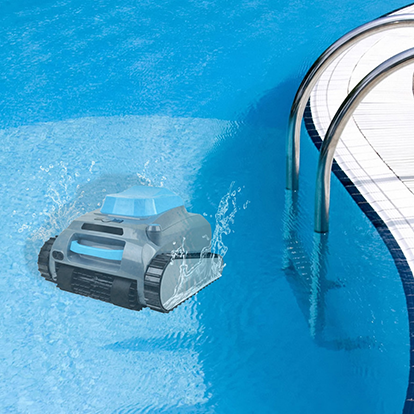
FAQ: Robotic Pool Cleaners Explained
Q: How long do robotic cleaners last?
A: 5-7 years with proper maintenance.
Q: Can they climb walls and clean steps?
A: Yes—most models clean walls, floors, and waterlines.
Q: Are they safe for vinyl liner pools?
A: Absolutely—look for soft-bristle brush options.
Q: How often should I run my robotic cleaner?
A: 2-3 times per week for best results.
Q: Do they work with saltwater pools?
A: Yes—choose corrosion-resistant models.

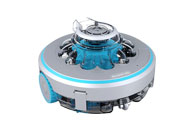 Robotic Pool Cleaner
Robotic Pool Cleaner 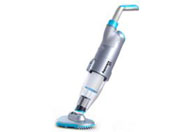 Portable Pool Vacuum Cleaner
Portable Pool Vacuum Cleaner 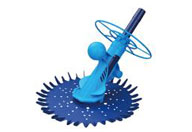 Automatic Pool Cleaner
Automatic Pool Cleaner 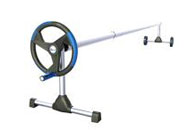 Pool Cover Reel
Pool Cover Reel 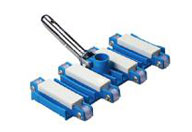 Pool Cleaning Accessories
Pool Cleaning Accessories 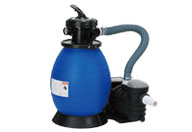 Pool Filter Pump
Pool Filter Pump 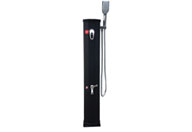 Pool Solar Shower
Pool Solar Shower 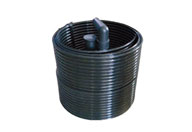 Pool Solar Collector
Pool Solar Collector 